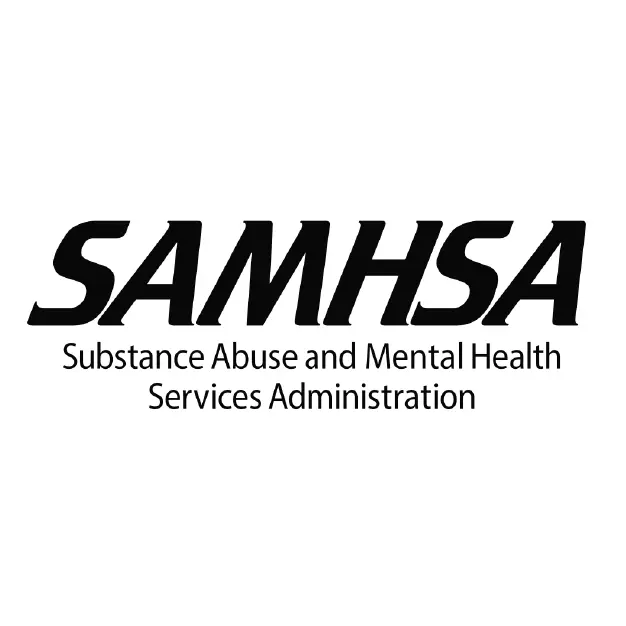SAMHSA’s Office of Behavioral Health Equity (OBHE) is continuing its mission to reduce disparities in behavioral and mental health services by building the capacity of the workforce in ways that improve the quality of care for underserved populations. The National Network to Eliminate Disparities in Behavioral Health conference (NNEDLearn) trains community-based organizations serving black, indigenous, and other communities of color to implement evidence-supported and culturally appropriate mental health and substance abuse prevention and treatment practices. The aim of NNEDLearn is to provide the organizational teams the competency to implement and sustain the program or practice within their community.
To gain a better understanding of the longer-term outcomes of NNEDLearn, Community Science conducted a systematic assessment of effective strategies and lessons learned from implementation of NNED’s evidence-supported practices. The information for the study was gathered through individual interviews with each of the primary trainers of the selected evidence-supported practices and one to two staff members from conference alumni.
Study findings conclude that the culturally relevant evidence-informed practices offered through NNEDLearn appear to be having a positive impact among racially and ethnically specific communities. NNEDLearn alumni are gaining the capacity they need to successfully implement and scale up the programs that expand the reach of services. Successful implementation was due to the implementer’s capacity and drive and the guidance they received through NNEDLearn. The four components of the training model provided the support alumni needed to employ the common strategies of becoming grounded in the program/practice theoretical foundation, determining how it aligned with their organization, gaining support from decision makers, tracking outcomes, and making the right level of adjustments to meet the specific needs of their participants. The findings confirmed what has long been understood by NNED, program developers, and anyone working to address behavioral health disparities ―that communities need and benefit from culturally appropriate evidence-supported practices. 00805

